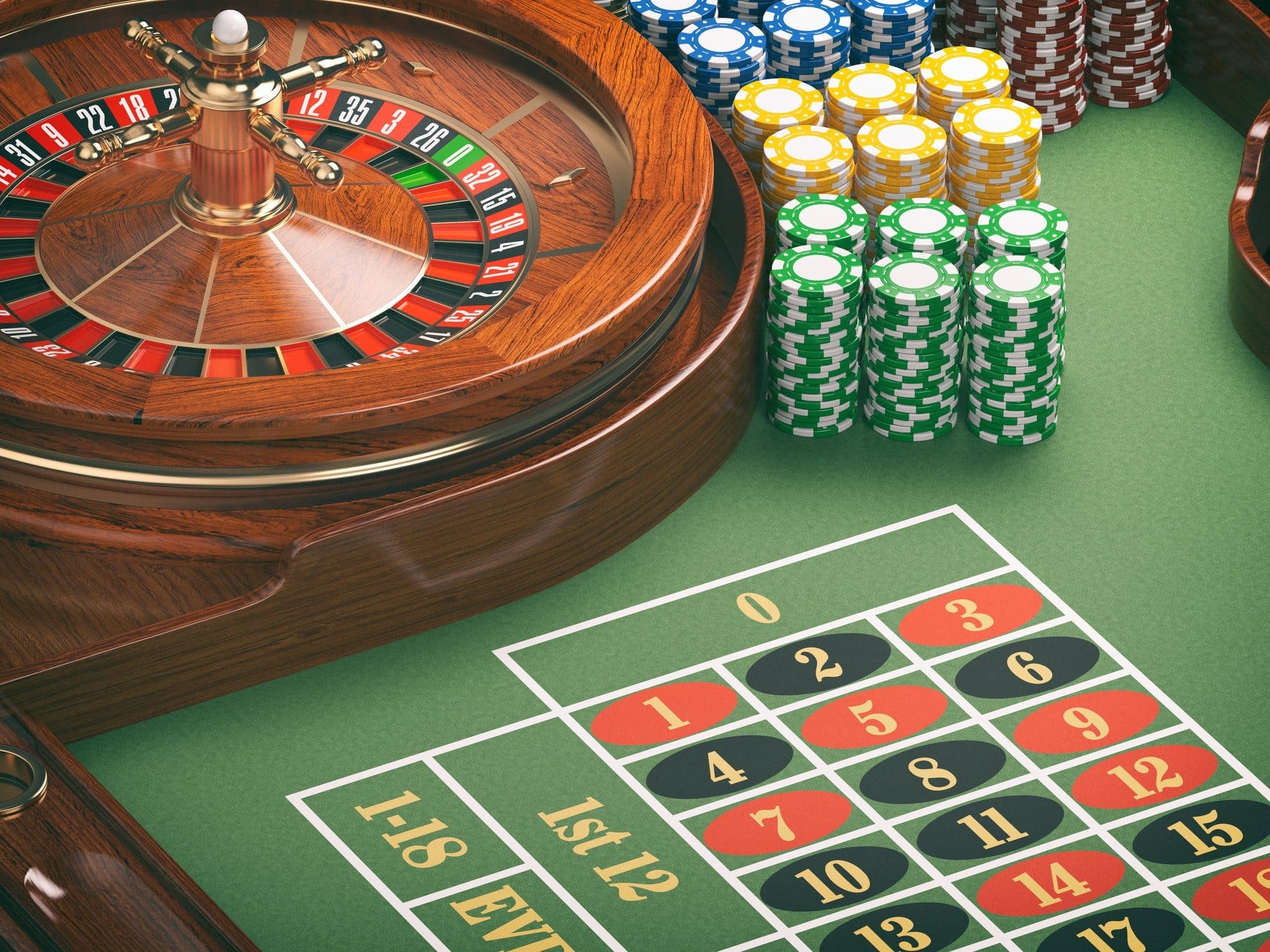
Casino games have enthralled players for centuries, progressing from basic recreational activities to sophisticated forms of entertainment that blend chance, strategy, and fun. From the historical origins of gambling in cultures like the ancient societies of Mesopotamia and Rome to the extravagant corridors of modern casinos, the journey of these games uncovers much about human nature and our interaction with luck. As cultures blended and technological advancements have occurred, casino games have evolved, reflecting the changes in society and advancements in gameplay.
The primitive versions of gambling likely featured elementary dice-based games and wagering on the results of athletic contests. Over time, these early games grew into better-organized games like card games, the roulette wheel, and the myriad one-armed bandits that populate the premises of casinos today. Each period brought its distinct regulations, design elements, and sociocultural significance. Today, casino games continue to evolve with the rise of digital gaming platforms, enabling players from all corners of the globe to join in a common experience, further merging the traditional with the age of technology.
Early Origins of Gambling Games
Gambling games have origins that reach back to ancient societies, where betting was strongly entrenched in cultural practices and cultural customs. The first known forms of gambling appeared in Mesopotamia around three thousand BC, including simple dice games made from bone material. These primitive activities laid the basis for more advanced gambling games, showing human beings’ natural desire to seek wealth and amusement through chance.
As societies developed, so did their gambling interests. In ancient Chinese culture, around 2300 BC, tiles were unearthed that looked like primitive rudimentary forms of a lottery game activity. More structured instances of gambling arose in the Roman Empire, where games of luck were a common pastime, often taking place in social events. meilleur casino en ligne The ancient Romans developed different wagering games, which composed die and board games, illustrating the pervasive nature of gambling across different social strata.
With the flow of ages, these primitive activities influenced the evolution of modern casino games. In the Middle Ages, card activities became prevalent in European culture, paving the way for the organized gambling establishments we know today. The transition from informal gambling to organized gambling in taverns and personal houses marked a major change in how people engaged with activities of luck, leading to the subsequent creation of casinos as dedicated places for gambling.
The Rise of Modern Gambling Industry
The final 20th century marked a crucial shift in the world of casino games, propelled by technological progress and shifts in societal views towards gambling. The emergence of computers and the World Wide Web revolutionized the way players engaged with their preferred games. Virtual casinos emerged, allowing gamers to enjoy timeless table games like poker and blackjack from the comfort of their homes. This emerging online environment not only broadened availability to casino games but also drew in a fresh audience who found the ease and diversity tempting.
As digital gaming gained momentum, so did advancements in casino tech. The development of high-quality programs and graphics transformed conventional gambling games into immersive experiences. Players could now connect with realistic live dealers through live streaming, bringing the vibe of brick-and-mortar casinos directly into their homes. This blending of live gaming with digital interfaces created a novel combination that enhanced the social aspect of playing, making it possible for individuals to connect and challenge with others around the globe.
Furthermore, the emergence of mobile gaming substantially changed the casino landscape. With the ubiquitous use of smartphones and touch devices, gamblers can play their favorite casino games anywhere, at any time. Mobile applications offer a extensive range of options optimized for mobile screens, catering to the fast-paced daily life of contemporary gamers. This accessibility has resulted in increased engagement in gambling, driving the exponential growth of the gambling sector. As a result, the future of casino gaming continues to progress, adapting to technological advancements and shifting consumer preferences.
How Technology Influences Casino Games
Technology’s advancement has significantly transformed casino games, improving the overall experience for players for gamblers globally. As the internet emerged, online casinos were created, allowing players to enjoy their favorite games from the comfort of their homes. This shift not only made casino games more accessible but also expanded the variety of games offered, as online platforms could offer many different versions of traditional games without the limitations of physical casinos.
Mobile technology further revolutionized the casino gaming landscape. With the proliferation, players now have the ability to engage in casino games anytime and anywhere. This mobility has led to the creation of dedicated mobile applications and optimized websites that offer smooth gaming experiences. Additionally, advancements such as live dealer games have brought the authentic atmosphere of a casino into players’ homes, bridging the gap between physical and online gaming.
Moreover, advancements in AI and VR are leading to the next generation of casino games. AI enhances game design and player interaction, creating tailored experiences based on user behavior and preferences. Meanwhile, virtual reality provides immersive environments where players can engage in a virtual casino environment, making the gaming experience more exciting and lifelike. As technology continues to evolve, the future of casino games seems bright, filled with endless possibilities for advancements and entertainment.
